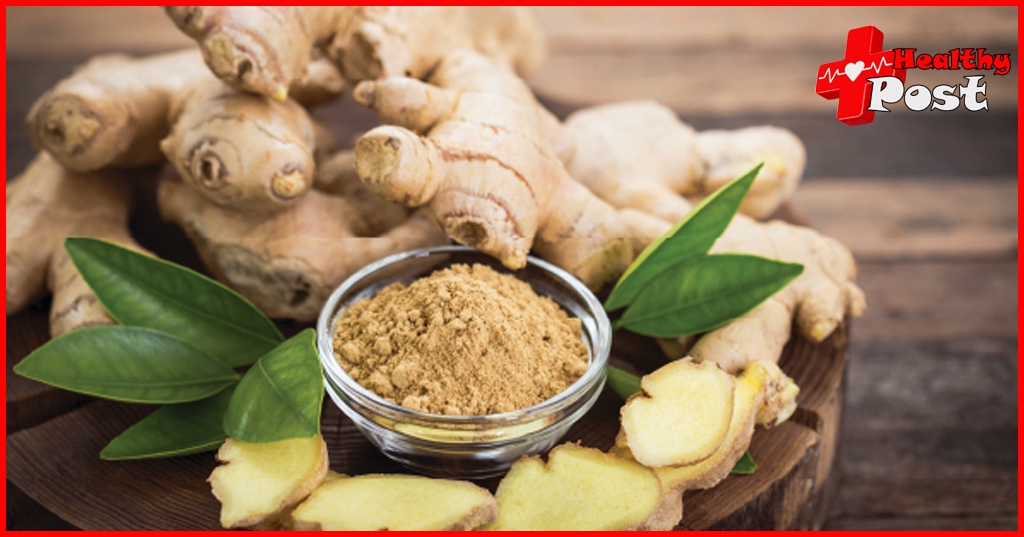
Can ginger relieve arthritis pain? The truth is revealed!
In every kitchens, ginger is an indispensable condiment. Especially in winter, when many people like to drink ginger tea to warm the body and stomach. In this article we discuss about ginger benefits for arthritis pain.
It is widely believed that ginger can relieve stomach discomfort. Such as motion sickness, nausea during pregnancy, or vomiting after chemotherapy. Ginger can come in handy.
However, there is growing discussion about whether ginger may also be effective in treating arthritis.
So, can ginger really help relieve arthritis pain and inflammation? Let’s take a look at what the scientific research says today!
The similarities and differences between several main products of move free are shown in the figure below:
Ginger and Osteoarthritis : Can It Relieve Pain?
Osteoarthritis (OA) is the most common type of arthritis, commonly occurring in the knees, hips and other parts of the body. Pain and stiffness often make patients miserable.
Many patients are looking for natural remedies to relieve pain, and ginger is one popular choice.
What does science say?
According to a series of systematic literature reviews, some researchers have found that ginger is indeed more effective than a placebo in relieving pain in osteoarthritis.
For example, results from three studies showed that patients who took ginger reported significantly less pain than those who took a placebo.
However, another group of researchers came to a different conclusion when conducting a similar review.
They believe that the quality of existing evidence is not sufficient to conclude that ginger can significantly relieve arthritis pain.
This has caused some doubts about the true therapeutic effect of ginger.
The magic combination of turmeric, ginger and black pepper
A clinical trial conducted in 2020 gave ginger lovers some new hope.
Researchers compared the common pain reliever naproxen with a combination of ginger, black pepper, and curcumin ( the main anti-inflammatory ingredient in turmeric ).
The black pepper helps enhance the absorption of curcumin, while the ginger is thought to further enhance its anti-inflammatory effects.
The results were astonishing! After four weeks of continuous use, this herbal combination was as effective as naproxen in reducing knee inflammation and pain.
This shows us the potential of natural treatments and provides another way out for osteoarthritis patients who do not want to rely on medication.

Ginger and Rheumatoid Arthritis : Is There a Role?
Compared with osteoarthritis, there is less research on ginger for rheumatoid arthritis (RA).
Rheumatoid arthritis is an autoimmune disease in which the patient’s immune system attacks its own joint tissue, causing joint pain, swelling and damage.
Ginger in rheumatoid arthritis
Although the research is relatively small, some trial results give us hope.
In a 12-week randomized controlled trial, 70 people with RA took either 1,200 mg of ginger or a placebo daily.
The results showed that the expression of FOXP3 gene was significantly increased, while the expression of pro-inflammatory genes was significantly decreased in patients taking ginger.
This result suggests that ginger may help relieve rheumatoid arthritis symptoms by regulating the immune system.
Another study comparing 1,500 mg of ginger daily to a placebo showed that those taking ginger had significant reductions in C-reactive protein (CRP) and interleukin (IL)-1.
Notably, interleukin (IL)-1 is a key protein that triggers inflammation, and many rheumatoid arthritis drugs (such as anakinra and canakinumab) target this inflammatory marker.
This means that ginger may have some potential in alleviating inflammation in rheumatoid arthritis.
How to choose and use ginger?
There are many different ginger products available on the market, including capsules, tinctures, teas, powders, oils, and foods made from dried or fresh roots.
While it’s certainly comforting to drink a cup of ginger tea , if you’re looking to treat arthritis, the capsule form may be more cost-effective.
Experts recommend taking about 250 mg of ginger three to four times daily.
Although this dose is less than what is used in many studies, for first-time users, it is recommended to start with a lower dose (such as 200 mg per day) and then gradually increase based on your body’s response.
Everyone has a different tolerance for ginger, so it is important to find the dosage that works for you.
But it is important to note that the daily intake of ginger should not exceed 4 grams (4,000 mg).
Although ginger is a natural herb, excessive use may cause some uncomfortable symptoms, especially heartburn and diarrhea.

Things to note when using ginger
Although ginger is good, it is not suitable for long-term use by everyone.
If you’re taking blood thinners , ginger may increase your risk of bleeding.
Similarly, if you suffer from low blood pressure, low blood sugar, or are pregnant. You should be extra careful when using ginger and it is best to do so under the advice of a doctor.
Ginger’s Potential and Limitations
In summary, ginger does show potential in relieving arthritis symptoms in some patients. Especially when used in combination with other herbs or medications.
However, existing research is not sufficient, especially in the treatment of rheumatoid arthritis, further in-depth research is still needed.
In real life, if you want to try ginger to relieve arthritis pain. It is recommend to use it in combination with other treatments. Such as exercise, physical therapy, etc.
After all, it’s not realistic to rely on a single natural remedy. To completely manage the symptoms of a chronic disease.
Final tip: When trying natural remedies, be sure to do so according to your personal constitution and needs. Explore gradually, and don’t over-rely on them.
It is always best to seek professional medical advice before trying any new treatment.
Why not try a proper amount of ginger? It may bring unexpected surprises to your joint health!

